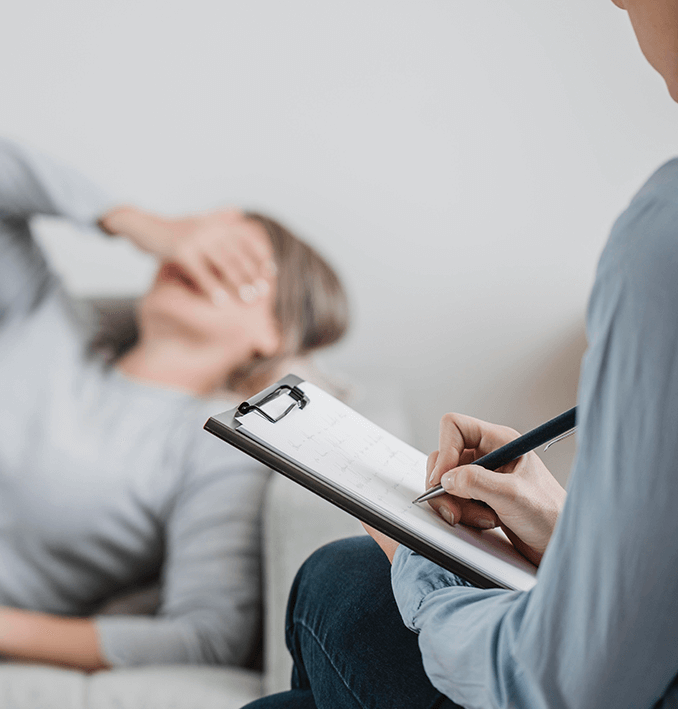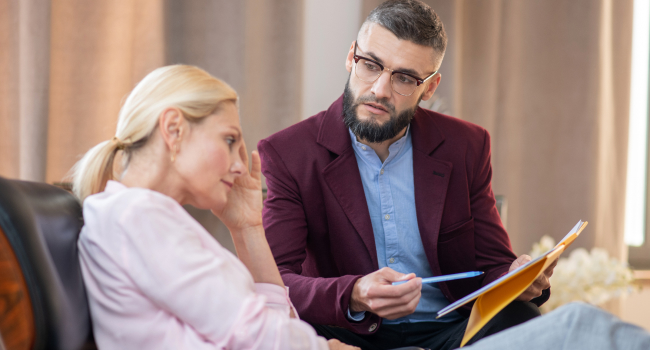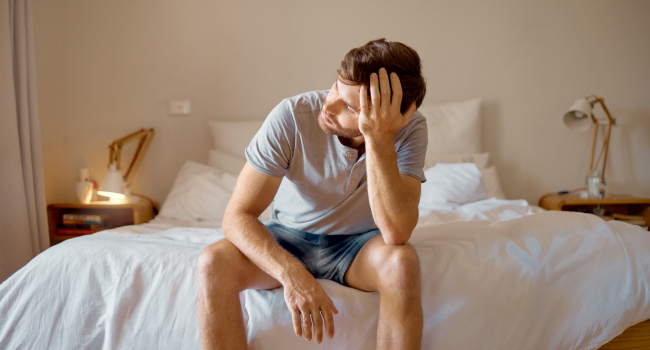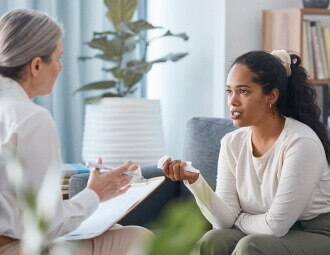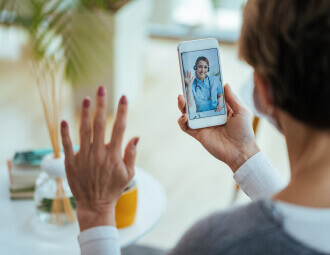You’re tired and anxious at the same time, wondering if these symptoms are related, or if something else is going on. You’re having difficulty explaining the fatigue, it’s not only your body that feels drained, but your brain feels exhausted too.
In this article, you’ll find answers. We explore the relationship between anxiety and fatigue, as well as how to feel energized again.
Highlights
- Anxiety makes you tired; in fact, fatigue is a common symptom of generalized anxiety disorder.
- Tiredness makes you anxious; an exhausted brain copes poorly and can cause life to feel overwhelming.
- Sleep difficulties are at the core of the anxiety-fatigue vicious cycle and should be a treatment priority.
- Combined anxiety and fatigue could result from many mental and physical health conditions, so consult with a doctor to find out the real cause.
- Seeking professional help is essential when anxiety or fatigue are impacting everyday life and relationships.
What Does Anxiety Do to Your Body?
Anxiety makes you feel worried and fearful; this might trigger your body’s “fight or flight” response, getting ready to save you from danger. The results are an alert brain, a racing heart, tense muscles, and fast breathing. But can this cause fatigue? In short, yes, but let’s explore this in more detail.
Get anxiety treatment online
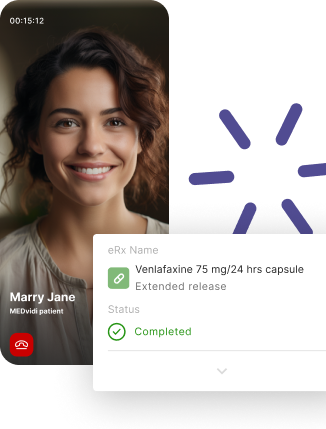
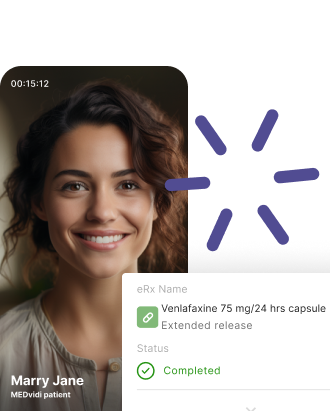
Can Anxiety Make You Feel Tired and Exhausted?
Anxiety can definitely make you feel tired. In fact, “being easily fatigued” is a common symptom and
1. Anxiety Can Lead to Fatigue
Physical Exhaustion
The first way anxiety causes tiredness comes into play through a natural stress response, also known as
- Muscle tension: so you are active and ready to run or defend.
- Rapid breathing: lets your body get more oxygen.
- Fast and powerful heartbeats: deliver oxygen to where it’s needed.
A panic attack is an extreme example of a stress reaction.
Sudden stress and anxiety activate fear and the release of stress hormones, like adrenaline, getting the body ready to escape the danger. This response needs fuel, so sugar is released from storage sites to keep energy levels up and the body going. And when it’s over and adrenaline levels drop, the body is exhausted because its organs have worked hard and depleted energy. This extreme fatigue is often referred to as a
Mental and Emotional Exhaustion
A tired body can make everyday activities, like walking the dog, going to the shop, or making dinner, seem impossible. But it’s not only the body that’s affected; the brain is also left feeling exhausted. The reason is anxiety and constant worry cause a state of hyperarousal; the brain and senses are on high alert, constantly analyzing, overthinking, and having racing thoughts, which burn energy.
Sleep Disturbances
Anxiety can cause sleepiness due to fatigue, and yet people with anxiety often battle to sleep.
This leads us to the next point: how being tired causes anxiety.
2. Fatigue Can Exacerbate Anxiety
When the brain is exhausted, it doesn’t always function properly either, and has:
- Reduced coping ability, e.g., being unable to handle multiple tasks or feeling crushed by deadlines.
- Impaired emotional regulation, e.g., bursting into tears or getting aggressive for no good reason.
- Decreased willpower, e.g., agreeing to host a dinner party even though you know you’re not up to it.
- Poor decision-making, e.g., making everyday decisions, such as what to eat for lunch, feels impossible.
When people are not functioning to the best of their ability at work, in relationships, and in daily activities, life seems overwhelming; the person feels worried or fearful, and this causes or exacerbates existing anxiety.
The Resulting Anxiety-Fatigue Vicious Cycle
So, now you can see how a vicious cycle starts; not only is anxiety exhausting, but exhaustion causes more anxiety. It’s important to notice the signs of both anxiety and fatigue and deal with them timely to prevent a significant impact on your day-to-day life.
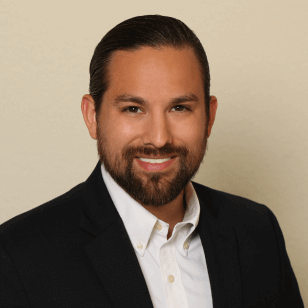
What Does Anxiety Fatigue Feel Like?
Anxiety exhaustion symptoms might not only include feeling tired all the time, but also manifest in other ways, such as:
- Decreased motivation
- Poor concentration
- Emotional outbursts and breakdowns
- Brain fog
- Loss of enjoyment of hobbies and socializing
- Muscle aches and weakness
- Headaches
- Chest pain
Importantly, co-existing mental health problems and other physical medical conditions can also cause fatigue and similar symptoms; a few examples are:
- Depression
- Social anxiety disorder
- Sleep disorders
- Heart and lung conditions
- Diabetes
- Thyroid problems
- Longstanding infections
- Autoimmune conditions
That is why it is essential to chat to a doctor to narrow down the diagnosis.
Taking this online anxiety test might help you identify anxiety as a possible cause of your tiredness.
Next, let’s look at how you can calm your anxiety and get your energy levels back.
How to Overcome Fatigue From Anxiety?
Below are a few tips on how to manage anxiety tiredness and focus on reducing stress.
Improve Sleep Hygiene
The body and brain need quality sleep, so addressing sleep issues is essential to break the anxiety-fatigue vicious cycle. You can do this with
- Keep a regular bedtime schedule.
- Ensure your bedroom is dark, quiet, and cool.
- Avoid screens for at least 30 minutes before bedtime.
- Avoid caffeine after lunchtime.
- Avoid large meals and alcohol at dinnertime.
Healthy Lifestyle Habits
Lifestyle changes like regular exercise and a balanced diet are a great self-help strategy for improving anxiety and fatigue:
Mindfulness and Relaxation Techniques

Support Groups
Other people with anxiety fatigue in the community, as well as online support groups, may offer helpful advice about coping skills from their own experiences.
Professional Support
Unfortunately, sometimes you just can’t manage anxiety on your own and will need to see a healthcare provider. Your treatment plan may include therapy, medication, or both.
But, how will you know if you need to see a doctor for an opinion?
When to Seek Professional Help
It is time to see a professional if your tiredness or anxiety impacts daily functioning; for example, you’re:
- Not performing at work.
- Having relationship difficulties.
- Neglecting essential activities of daily living, e.g., shopping, hygiene, and household chores.
- Isolating yourself.
Remember that other health conditions may have a similar impact, so consulting with a doctor is critical.
How MEDvidi Can Support You
If you are battling the cycle of anxiety and fatigue and feeling lost and overwhelmed, you don’t have to be. These symptoms are manageable once a diagnosis is made, and the MEDvidi team is here to support you. So, book an online consultation for your mental health assessment and get a personalized treatment plan in 24 hours.
Frequently Asked Questions
Can anxiety cause you to sleep a lot?
How long does anxiety fatigue last?
How long anxiety fatigue lasts depends on the trigger. Long-term anxiety causes chronic fatigue that might last months, whereas a sudden panic attack can cause intense tiredness for a few hours or days.
Can tiredness cause anxiety attacks?
Yes, tiredness can cause anxiety attacks; an exhausted brain struggles to cope, regulate emotions and willpower, and make decisions. This can result in overwhelming stress, worry, fear, and possible anxiety attacks.
Is it normal to feel really tired after a panic attack?
Yes, feeling tired after a panic attack is normal, and is also called a
How do you recover from anxiety-related tiredness?
The best way to recover from anxiety fatigue or tiredness is to reduce the stress and anxiety. You can do this with sleep hygiene strategies, healthy lifestyle changes, and relaxation techniques, but sometimes, professional help is needed.



